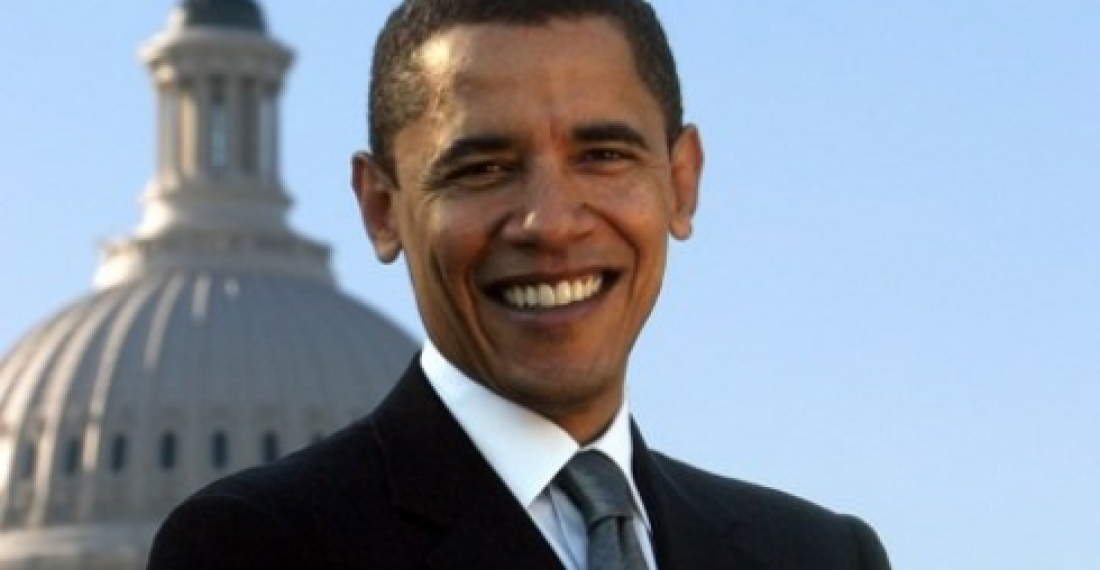Президент США Барак Обама в канун встречи в Казани накануне вечером инициировал телефонную беседу с президентом Армении Сержем Саргсяном.
Как сообщает Белый Дом, президент США повторил свое заявление от 26 мая, в котором говорил о том, что наступил момент, чтобы все стороны нагорно-карабахского конфликта сделали решительный шаг в сторону мирного урегулирования. Обама выразил поддержку двум лидерам завершить и подтвердить Основные принципы во время встречи в Казани. “Как только Основные принципы будут согласованы, стороны могут начать переговоры об окончательном урегулировании конфликта на основе Хельсинских принципов неприменения силы или угрозы силы, территориальной целостности и равных прав для самоопределения народов”, - отмечается в сообщении для прессы.
Кроме того, президент Обама сообщил двум лидерам, что наступило время для разрешения этого конфликта и для того, чтобы предложить лучшее будущее народам и детям Армении, Азербайджана и Нагорного Карабаха. “США продолжат оказывать поддержку обоим лидерам и МГ ОБСЕ в важных усилиях для обеспечения безопасности и процветания в регионе”, - отметил Обама.





